IEEE SSIT Lecture: Self-Driving Cars: The Good, the Bad & the Ugly
Virtual: https://events.vtools.ieee.org/m/406173Prof Mary (Missy) Cummings (Director of the Mason Autonomy and Robotics Center (MARC) at George Mason University, USA) will present "Self-Driving Cars: The Good, the Bad & the Ugly" at 6pm (UTC+1) / 1pm EDT on 30 April '24. Click (https://www.timeanddate.com/worldclock/fixedtime.html?msg=IEEE+SSIT+Lecture%3A+Self-Driving+Cars%3A+The+Good%2C+the+Bad+%26+the+Ugly&iso=20240430T18&p1=78&ah=1) (https://www.ieee-ukandireland.org/chapters/society-on-social-implications-of-technology/) and SSIT IST-Africa SIGHT are cooperating with a number of IEEE OUs including: New Jersey Coast Section SIGHT; New Jersey Coast IM/Computer Joint Chapter; IEEE Region 1; IEEE Region 2; Vancouver Section Jt. Chapter,TEM14/PC26/E25/SIT30; North Jersey Section SSIT Chapter; Susquehanna Section Computer Chapter; Southeast Michigan Section Vehicular Technology Chapter; Phoenix Section Computer Chapter; Vancouver Section Jt Transportation Chapter, (https://www.ieee-ukandireland.org/chapters/computational-intelligence/); (https://www.ieee-ukandireland.org/chapters/computer-society/), (https://www.ieee-ukandireland.org/chapters/vehicular-technology/) and (https://www.ieee-ukandireland.org/chapters/oceanic-engineering-chapter/) to organise this SSIT Lecture as a joint Webinar on 30 April '24. Registration IEEE and SSIT Members as well as non-IEEE Members are invited to (https://events.vtools.ieee.org/m/406173) and participate. IEEE Members should include their IEEE Membership Number when registering. Access to online Meeting (https://events.vtools.ieee.org/m/406173) will be provided with the link prior to the event. Guest Lecture Focus Self-driving cars have been a dream from almost the time the automobile was invented. With the rise of artificial intelligence (AI), this dream has seemingly become reality with driverless commercial operations already taking place in a handful of cities around the world. However, the recent tragic accident involving a pedestrian and a Cruise self-driving car, as well as a number of high-profile Tesla crashes, raise the possibility that such systems may not actually be as capable as envisioned, and questions have arisen about their safety both nationally and internationally. Given these concerns, it is important to step back and analyze both the actual safety records of these vehicles and just why AI is struggling to operate safely under all conditions in autonomous vehicles. This lecture will highlight the strengths and weaknesses of AI in self-driving cars, as well as in all safety-critical applications, and lay out a roadmap for safe integration of these technologies on public roadways. Speaker(s): Prof Missy Cummings, Agenda: 18:00 (UTC+1) Welcome and Introduction to Guest Speaker 18:05 Lecture 18:45 Questions and Discussions Virtual: https://events.vtools.ieee.org/m/406173
Machine Learning Hardware Design for Efficiency, Flexibility and Scalability
Virtual: https://events.vtools.ieee.org/m/408028Machine learning (ML) is the driving application of the next-generation computational hardware. How to design ML hardware to achieve a high performance, efficiency, and flexibility to support fast growing ML workloads is a key challenge. Besides dataflow-optimized systolic arrays and single instruction, multiple data (SIMD) engines, efficient ML accelerators have been designed to take advantage of static and dynamic data sparsity. To accommodate the fast-evolving ML workloads, matrix engines can be integrated with an FPGA to provide the efficiency of kernel computation and the flexibility of control. To support the increasing ML model complexity, modular chiplets can be tiled on a 2.5D interposer and stacked in a 3D package. We envision that a combination of these techniques will be required to address the needs of future ML applications. Speaker(s): Dr Zhengya Zhang, Agenda: 6:00 PM - 7:00 PM EST : Talk 7:00 PM - 7:30 PM EST : Q/A Virtual: https://events.vtools.ieee.org/m/408028
Pathway to IEEE Senior Membership
Virtual: https://events.vtools.ieee.org/m/417494Senior member is the highest grade for which IEEE members can apply. IEEE members can self-nominate, or be nominated, for Senior Member grade. This talk by Kaustav Ghosal tries to demystify the process. It is part of a continued effort to help increase the nomination pool size each year, particularly from underrepresented technical disciplines, such as industry, standards, education, and underrepresented groups to enhance Equity and Diversity. Topics include: 1) IEEE senior membership grade requirements, 2) Finding a mentor/sponsor, 3) Importance of your nomination package, and 4) Reference resources Speaker(s): Kaustav Ghoshal, Virtual: https://events.vtools.ieee.org/m/417494
From Constraints to Capabilities: Achieving Optimal Compute Schedules in Heterogeneous Cyber-Physical Systems
Virtual: https://events.vtools.ieee.org/m/417666Abstract: Cyber-physical systems (CPS), such as robots and self-driving cars, demand rigorous scheduling to prevent failure, where every millisecond of processing time can be critical. These systems often rely on heterogeneous computing environments, which include CPUs, GPUs, and specialized accelerators, to meet their computational needs efficiently. However, leveraging these diverse processing units to fulfill strict physical constraints remains a significant challenge, as existing scheduling solutions often fall short of addressing the complexities involved in a comprehensive manner. This talk by Dr. Mehmet E. Belviranli delves into the intricate world of creating efficient compute schedules for CPS that not only cater to their diverse computational hardware but also adhere to real-world constraints critical for system safety. We begin by examining the role of neural network (NN) inference in CPS, exploring strategies to balance energy consumption, latency and throughput by distributing the layers of NN across different accelerators. We then introduce a novel, end-to-end framework that integrates physical constraints, heterogeneous computational resources, and latency considerations into a cohesive mixed-integer linear problem, demonstrating through case studies how this approach yields optimal scheduling solutions under varied conditions. Through this exploration, we aim to shed light on the untapped potential of heterogeneous computing in enhancing the reliability and performance of CPS. We will also outline future directions in developing a more robust ecosystem for these complex computing environments, highlighting our contribution to this evolving field. Speaker(s): Dr. Belviranli Virtual: https://events.vtools.ieee.org/m/417666


